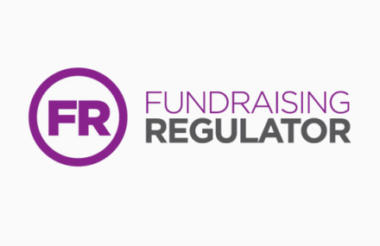The Fundraising Regulator has upheld a complaint from a member of the public after a charity they had suppressed on the FPS continued contacting them months later.
The Fundraising Regulator published this latest ruling as one its anonymised case studies on its website. It found that a ‘Ms Q’ had used the Fundraising Preference Service to suppress a charity from contacting her but the charity failed to action that request within three months.
The charity “had set up its FPS record and were receiving regular FPS notifications” but the regulator found the charity’s “internal FPS process was dependant on one individual who did not update the charity’s data base”. This meant the suppression request in relation to Ms Q was “not actioned for nearly three months”.
The regulator also found that the charity in question “did not have a process in place to monitor if FPS requests were being actioned appropriately” and, as a result, had been in break of Section 11 of the Data Protection Act and the Code of Fundraising Practice.
The charity accepted the regulator’s findings and has since “carried out an internal review of its process and incorporated additional steps into the process to ensure that it does not breach the code again”.
According to the regulator, it did not make any further recommendations. However it did send copies of its decision to both the Charity Commission and the Information Commissioner’s Office.
Regulator in process of ‘reviewing’ case study publication scheme
A spokesman for the Fundraising Regulator told Civil Society News it is currently “reviewing our publication scheme” when it comes to anonymised case studies as part of some wider “work that we are doing on our website”.
Responding to questions about when the regulator publishes case studies, and its process for selecting case studies for publication, the spokesman said: “We currently publishes case studies periodically to share learning from our casework – we do not name charities in these as the purpose is learning and not to punish the charity involved. Though, if a charity refused to accept our findings or recommendations, this is an option we would consider.”
He also said that “cases that are considered by the [complaints and investigations] committee would usually be published in full,” including the name of the charity or agency involved.
Since its launch in the summer of 2016, the Fundraising Regulator has published 12 anonymised case studies on its website.
It has also published one full committee investigation report into the now defunct fundraising agency Neet Feet, after it was featured on the front page of The Sun in 2016.
|
Related Articles










